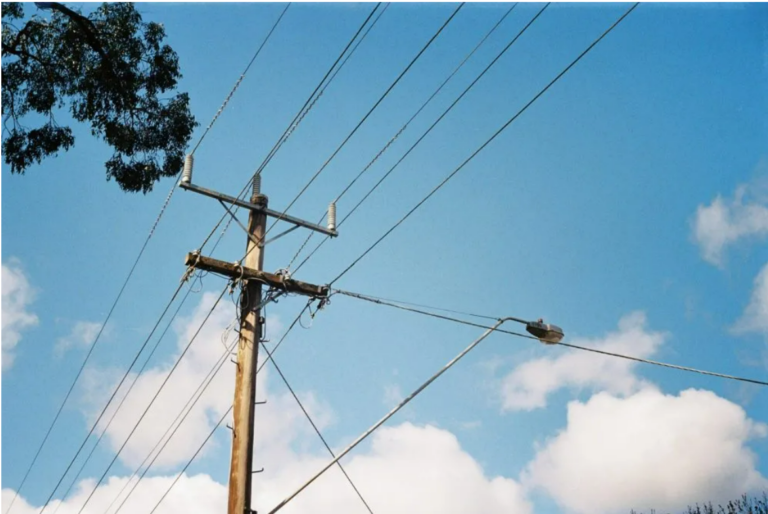CUB has been arguing for years that a key part of the solution to Michigan’s problem of poor electric reliability and high energy costs for customers has to be performance-based regulation: rules that hold utilities accountable by financially penalizing them if they fail to perform well on metrics like the number of outages. Now, the Michigan Public Service Commission (MPSC) is taking some of its most concrete steps yet to create performance-based regulation in Michigan.
[See examples of our past commentary on performance-based regulation in this paper, in blog posts such as here and in this Detroit Free Press op-ed about CUB’s proposal for “a bold new approach that would penalize the utility if its performance is worse than national averages, after accounting for weather differences.”]
On Aug. 30, the MPSC approved the release of a “straw proposal” for a set of reliability metrics that would be tied to financial incentives and disincentives for utilities. In a statement, MPSC Chair Dan Scripps connected this effort to the problem of continual power outages. “We share the public’s frustration with the number and duration of power outages, and particularly those who experience outages over and over again,” Scripps said. “By focusing on the places where improvement is needed most, we’re working to better connect the financial performance of the utilities with the experience of their customers. Today’s actions of offering a straw proposal that ties financial metrics to the duration of outages and the number of customers experiencing multiple outages each year is a significant step towards that goal.”
Getting the details of performance-based regulation right is very important. There is the danger that, perhaps due to utility influence, the metrics and incentive mechanisms could be set in such a way that they end up giving utilities a windfall, rather than enforcing accountability onto them. The fact that DTE and Consumers Energy have recently been supportive of the idea of performance-based regulation in their public statements is one reason to fear that they could influence the process of creating performance-based rules to the benefit of their shareholders, rather than their customers.
We are reviewing the MPSC’s proposal carefully, and CUB and other stakeholders will be submitting comments on the proposal. These comments are due Sept. 22. So while CUB will withhold its full thoughts on the proposal until then, one point we will raise now has to do with the idea of giving utilities incentives for good performance.
Given how poorly Michigan utilities perform on reliability compared to utilities around the country (as well as utilities in neighboring states), we argue that now is not the time for rewards for good performance. If and when Michigan utilities can improve their performance until it is consistently at least average, then incentives may be appropriate to motivate them to further improve, or at least maintain, their reliability level. But for the immediate future, we think disincentives (ie, penalties), not incentives, should be the focus of performance-based regulation.
This is a point we made clear in our 2020 paper about regulatory measures to improve reliability:
As discussed above, Michigan utilities score below the national average and median on most industry measurements of reliability. There is a fairness issue, therefore, in rewarding the utilities (and in effect, penalizing ratepayers) for merely bringing service up to an average level. For that reason, this paper’s recommendations focus only on performance-based penalties until utility performance reaches at least the national average.
The MPSC’s order on the straw proposal was issued in docket U-21400. Check back there to read comments from us and other stakeholders after Sept. 22.

